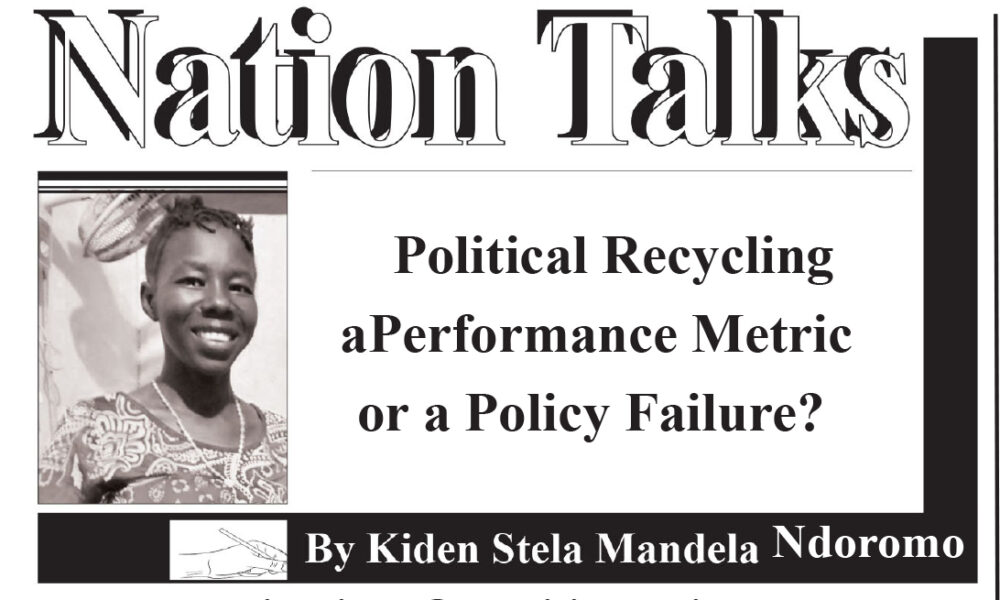As the appointing authority exercises its power through reliefs, promotions, and dismissals, the persistent issue of political recycling raises serious questions about the criteria used by parties to recommend their members. In a country governed by a shared power agreement among the parties who signed the 2018 peace accord, the frequent turnover of removals and appointments has become commonplace.
While this revolving door is often viewed as a normal political occurrence, the public is left to wonder about the actual qualities required for a politician to maintain their seat or be re-appointed. Importantly, appointments and dismissals are not unilateral; they are invariably guided by the recommendations of the political parties. Although parties initially laud their members with praises as they assume office to serve the people, these commendations often vanish when the same individual is later removed.
Since the formation of the unity government, a troubling trend has emerged: many officials removed from one position are shortly recycled into the same or a similar role elsewhere in the public sector. The discrepancy is striking: some politicians continue to serve in their posts for years without incident, while others are constantly moved from one position to another.
While it is widely rumoured that parties appoint their loyalists to political positions, any appointment especially a reappointment should be firmly anchored in verifiable good performance, focusing on transparency and tangible service delivery. The troubling trend of political recycling in South Sudan continues unabated a practice so pervasive that individuals alleged to have committed crimes are often relieved of their duties only to be reappointed shortly thereafter. This pattern of recycling is a policy failure when it is not strictly based on proven merit and performance.
Ideally, officials are relieved for a specific, rectifiable reason. If that issue is resolved and their performance record is otherwise solid, a return to government could be justified. However, in South Sudan, the practice is often the opposite: officials are removed without clear justification or, worse, for reasons related to corruption, only to be reappointed. This cycle has severely hindered national development, as political gain is often prioritized over public service.
The appointing authority and recommending parties must provide convincing and transparent justifications for both removal and reappointment. Crucially, any discussion of recycling must begin with an explanation of why the official was initially removed. Only when these circumstances are thoroughly and transparently examined should the concerned authority proceed with removal or appointment. Furthermore, there must be strict accountability, ensuring that corrupt officials are prosecuted in a court of law.
God protect South Sudan
The Spectator




